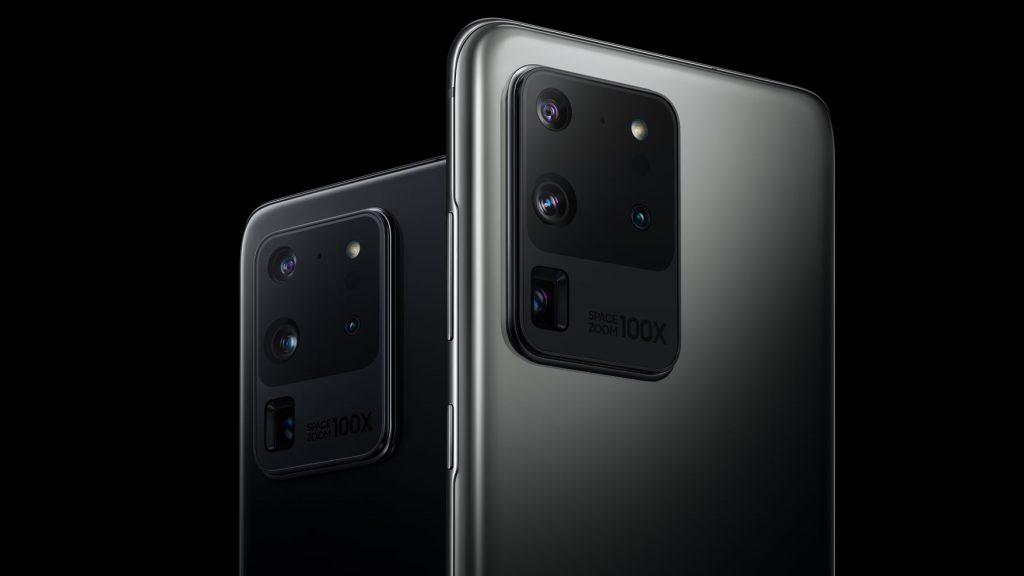Samsung Is Losing Money Because Fewer People Want Its Smartphones
Samsung reported steep profit losses last quarter due to a decrease in the adoption of its smartphones, declining microchip prices, and a constricting economy.
This article is more than 2 years old

Samsung currently finds itself in somewhat of a profit pickle. The consumer tech giant reported a record-low dip in profit last quarter. Reasons for the stark decrease can be attributed to a waning interest in its smartphones and other devices, the overall price of microchips, and other mitigating economic factors.
Months earlier, analysts detected a waning interest in Samsung consumer devices, specifically smartphones. Samsung echoed those analysts’ earlier observations and admitted to its investors that “mobile and PC demand was weak,” according to CNN Business. The tech giant also expressed that in the coming months, it expects this weakening demand trend to continue, but has attributed that to a constricting economy amid increasing fears of a recession.
Curiously, as interest in Samsung devices and Windows PCs show signs of declining consumer loyalty, Apple’s market share is starting to show big gains. For instance, more and more corporate workers are beginning to prefer using Macs over Windows PCs. Computer World cited that as much as 65 percent of workers are opting to switch to Macs at work when given the opportunity.
What’s more, is that businesses are beginning to take notice and listen to what workers want. And it turns out that when they do, there’s a good chance they’ll save money. Still, apart from emerging economic factors, it’s unclear exactly what’s driving this decrease in individual use of Samsung or Android devices, and Windows PCs. Speculatively, it could have something to do with a new generation of leaders taking the helm at some companies.
For example, older Millennials are now reaching points in their careers where they are taking on more senior roles and responsibilities. More Gen Z-ers are also entering the workforce. These are the generations (Millenials, in particular) that were coming of age as Steve Jobs launched the iconic iPod, followed by the first iPhone, and the first Intel-based iMacs and MacBooks.
Thus, it makes sense that as older leaders who are afraid of change and upsetting the status quo start to leave their roles, the new generation of leaders would embrace the tech that helped to define their generations. It also helps that Apple has built an ecosystem of devices that are sleek, intuitive to use, and that communicate with each other to create a seamless user experience. Who wouldn’t want to have a workflow where devices simply just work together?
Regardless, there is no reason to count Samsung, Android, or Windows PCs out of the race just yet. Samsung, in particular, is still a mighty force to be reckoned with. They might have recorded deep profit losses, but the company still walked away with $245.7 billion at the end of 2022.
Additionally, the cost of memory chips has also fallen, which negatively impacted Samsung’s bottom line on that side of its business. Overall, Samsung smartphone, Android, and Windows PC lovers can breathe a collective sigh of relief. The platforms aren’t going anywhere, and at the very least there will always be a market for those cheap Android phones filled with shovelware to appease the market looking for the cheapest phones possible.







